Iran to soon produce enriched uranium metal; IAEA already informed
Iran's representative to the international organizations in Vienna says the Islamic Republic would soon produce enriched uranium metal and that the country had earlier informed the United Nations nuclear watchdog of the move.
Kazem Gharibabadi made the announcement on Tuesday and said the uranium silicide plate enriched to 20 percent purity would be used as fuel for a research reactor in the capital, Tehran.
"Research and development regarding this issue with natural uranium began about three months ago. In the new process, a new fuel plate will be produced using 20 percent enriched uranium,” Gharibabadi told reporters.
“This measure, which will significantly improve the quality and quantity of radiopharmaceutical production, will make the Islamic Republic of Iran one of the leading countries in the field of nuclear technology,” the Iranian diplomat added.
Iran's representative to the international organizations in Vienna also stressed that the International Atomic Energy Agency (IAEA) had been informed of the Tehran’s move nine days earlier and the relevant operations had begun right afterwards.
Gharibabadi described the silicide plate as a modern type of nuclear fuel whose technology is only available to a handful of countries.
The IAEA said in a statement on Tuesday that Iran intends to use domestically enriched uranium (U-235) with 20 percent purity as fuel in the Tehran reactor.
"Today, Iran informed the Agency that UO2 (uranium oxide) enriched up to 20% U-235 would be shipped to the R&D laboratory at a plant in Esfahan, where it would be converted to UF4 (uranium tetrafluoride) and then to uranium metal enriched to 20% U-235, before using it to manufacture the fuel," the statement said.
The IAEA also said the process would be a multi-step measure, suggesting that it would take much time.
Reacting to the news, Russia referred to the Iran’s move and the US continuation of the so-called maximum pressure by former President Donald Trump as a “vicious circle” and said the only way out of it was resuming the Vienna talks on the revival of the 2015 Iran nuclear deal, officially known as the Joint Comprehensive Plan of Action (JCPOA), and the full implementation of the landmark accord.
“The IAEA reports that Iran moves to production of uranium metal enriched up to 20%. The US in its turn maintains maximum pressure policy of D.Trump. The only way out of this vicious circle is resumption of Vienna Talks without delay and full restoration of JCPOA,” Russia's Permanent Representative to International Organizations in Vienna Mikhail Ulyanov wrote in a tweet.
The #IAEA reports that #Iran moves to production of uranium metal enriched up to 20%. The US in its turn maintains maximum pressure policy of D.Trump. The only way out of this vicious circle is resumption of #ViennaTalks without delay and full restoration of #JCPOA.
— Mikhail Ulyanov (@Amb_Ulyanov) July 6, 2021
On the other side, the three European countries of Britain, France and Germany in a statement expressed "grave concern" about Iran's decision to produce uranium metal enriched to up to 20% purity for reactor fuel.
"We strongly urge Iran to halt all activities in violation of the JCPOA, without delay and to return to the negotiations in Vienna with a view to bringing them to a swift conclusion," the statement added.
The United States also warned Iran to stop what it called “nuclear brinksmanship," and urged Tehran to “return to Vienna prepared for real talks.”
The remaining parties to the JCPOA have been engaged in talks since early April to bring the United States back into the deal, three years after the former hawkish US president withdrew.
The US left the Iran deal in May 2018 and re-imposed the anti-Iran sanctions that the JCPOA had lifted. It also placed additional sanctions on Iran under other pretexts not related to the nuclear case as part of the “maximum pressure” campaign.
On June 20, the sixth in-person round of the talks came to an end so that the negotiators would return to their capitals for further consultations, which turned out to be the longest break the diplomats have taken since the beginning of the negotiations.
The parties to the nuclear deal are expected to convene in the Austrian capital once again for the seventh round of talks, which is speculated to be – as usual – the final round.
The new US administration, under President Joe Biden, says it wants to compensate for Trump’s mistake and rejoin the deal, but it is showing an overriding propensity for maintaining some of the sanctions as a tool of pressure.
Tehran insists that all sanctions should first be removed in a verifiable manner before the Islamic Republic reverses its remedial measures.
VIDEO | UK police brutal assault on Muslim family sparks outrage, protests
Hamas: Death of leader in Israeli jail amounts to murder
EU sends €1.5 billion to Ukraine from frozen Russian assets
VIDEO | Millions of Yemenis rally for Gaza, call for more anti-Israel operations
UN chief calls for Olympic truce as games begin in Paris
Paris Olympics begin as sports world reeling from loss of 400 Palestinian athletes in Gaza war
Iran warns ‘sworn enemies’, says sidekicks of US, Israel ‘displaced’ with bloody hands
New British govt. bends, drops plan to challenge ICC over Netanyahu arrest warrant


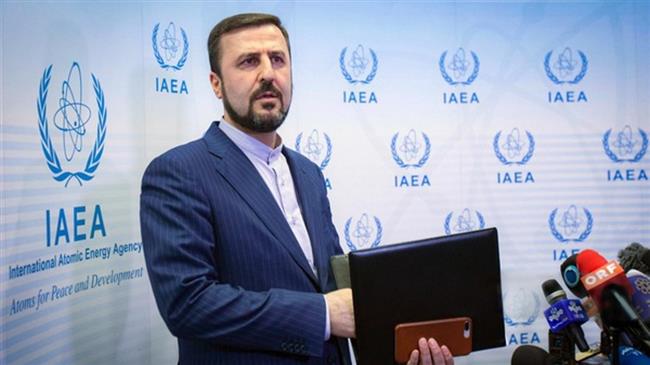
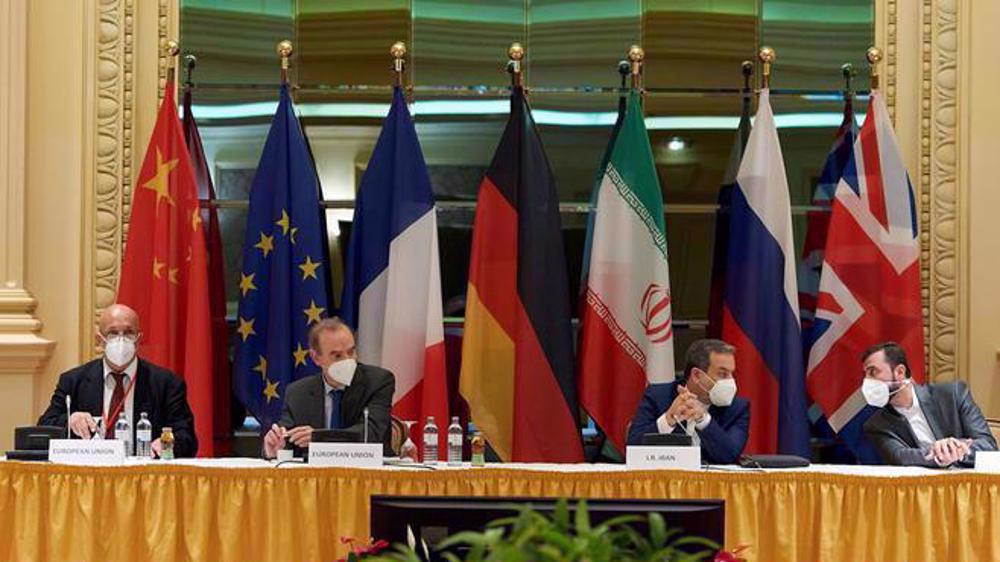
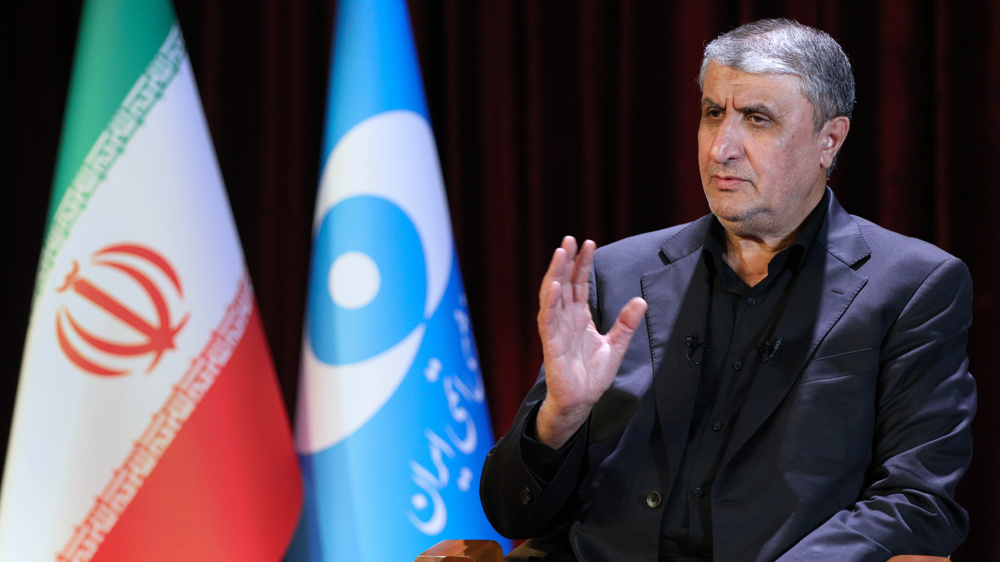
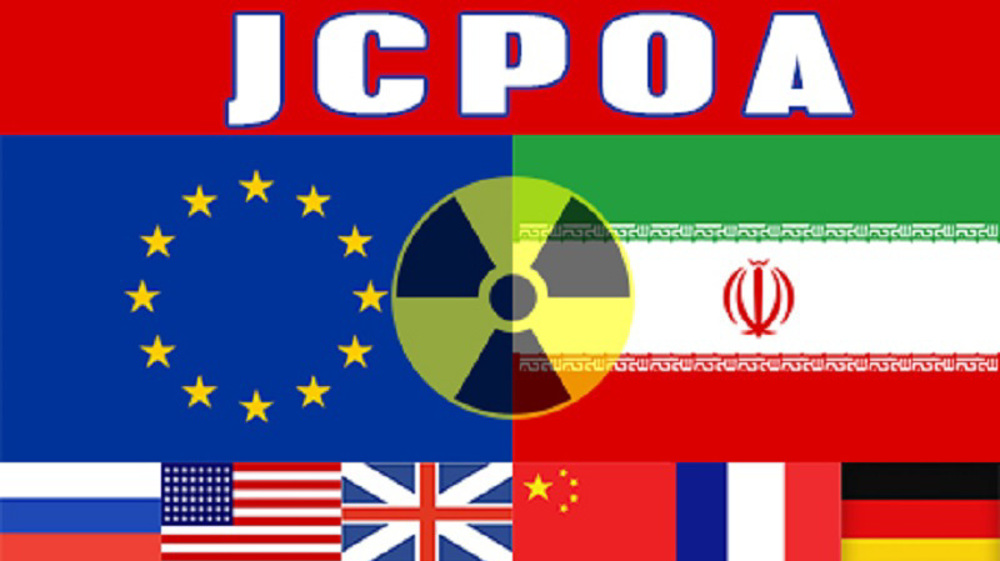
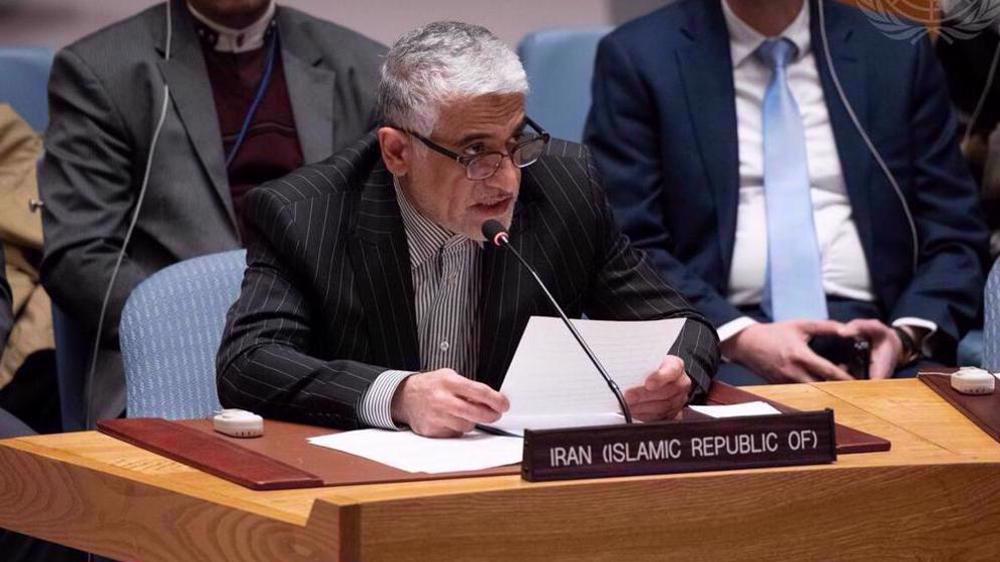




 This makes it easy to access the Press TV website
This makes it easy to access the Press TV website